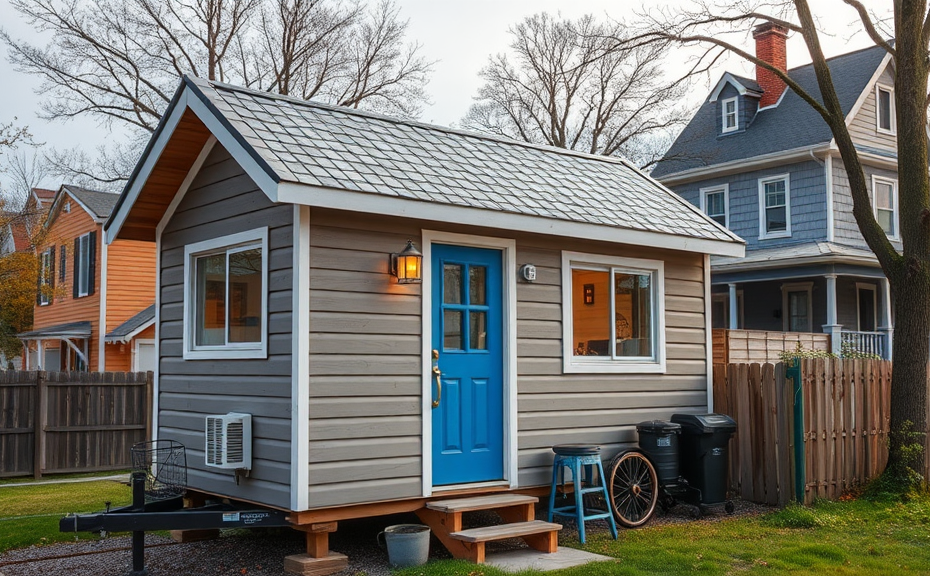Many potential tiny home enthusiasts often ask, “Can you, legally, put a tiny home on your property, in the city?” This question is crucial for anyone considering this alternative living option. The legality of placing a tiny home on an urban property typically depends on several factors, including zoning laws, building codes, and specific municipal regulations.
First and foremost, it’s essential to check the zoning regulations in your city. Zoning codes dictate what type of structures can be built in specific areas. Many cities have distinct categories for residential, commercial, and industrial zones, which can significantly affect whether you can place a tiny home on your lot. In some areas, tiny homes may not be classified as traditional dwellings, thus complicating the ability to legally install one.
Additionally, building codes play a vital role in this process. Different municipalities have varying requirements regarding minimum square footage for homes and standards for plumbing, electrical systems, and safety measures. Ensuring your tiny home complies with these codes is crucial, or you risk facing fines or required removal.
Other factors to consider include:
- Permits: Obtaining the necessary permits is essential for legality.
- Home Ownership: Assess whether your land is owned or leased.
- HOA Regulations: If your property is part of a Homeowners Association, additional restrictions may apply.
Ultimately, while the prospect of having a tiny home in the city is appealing to many, navigating the intricate web of legal requirements is necessary to ensure compliance and avoid potential hurdles. It is advisable to consult local authorities or a legal expert specializing in real estate to verify the specific requirements in your area.
